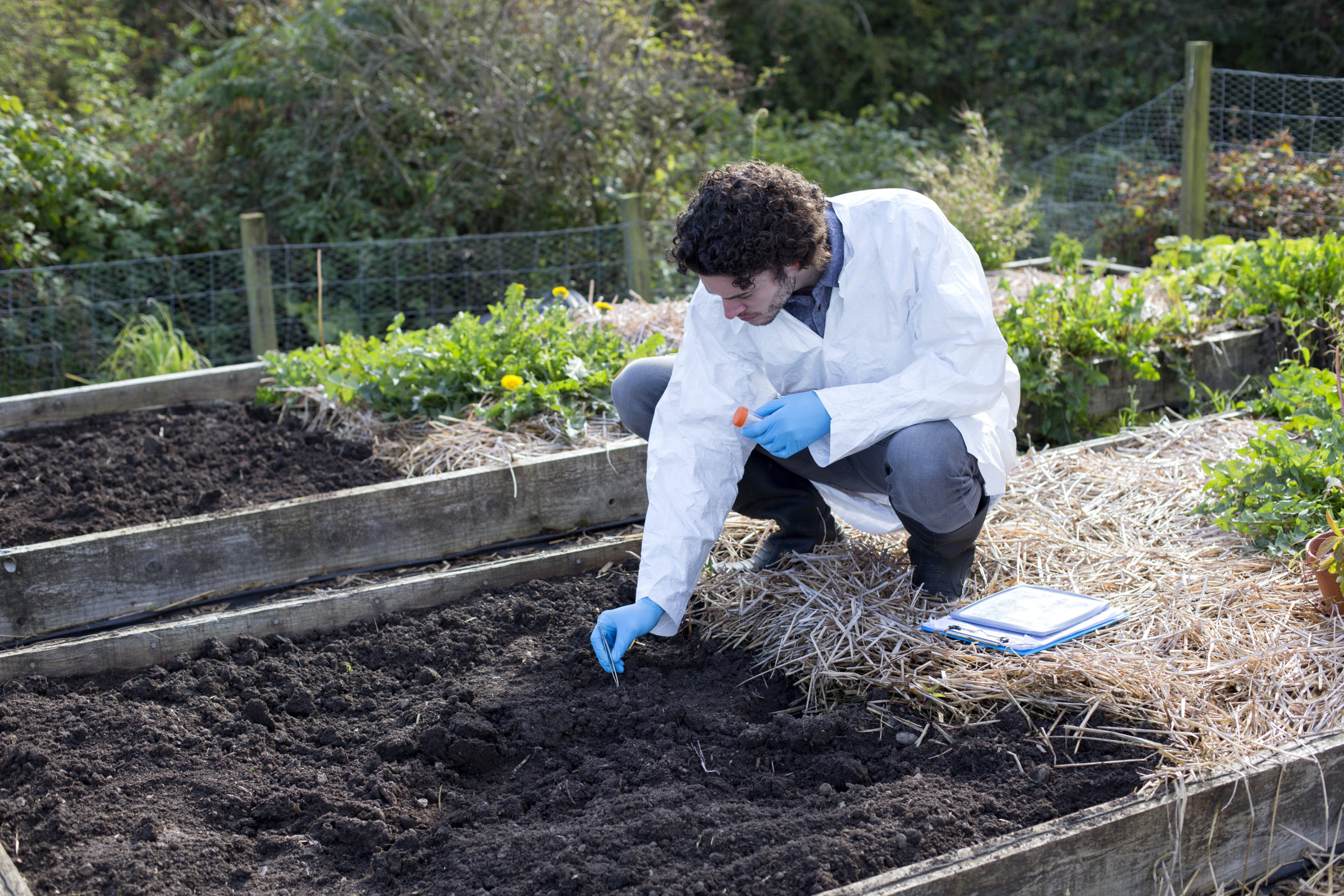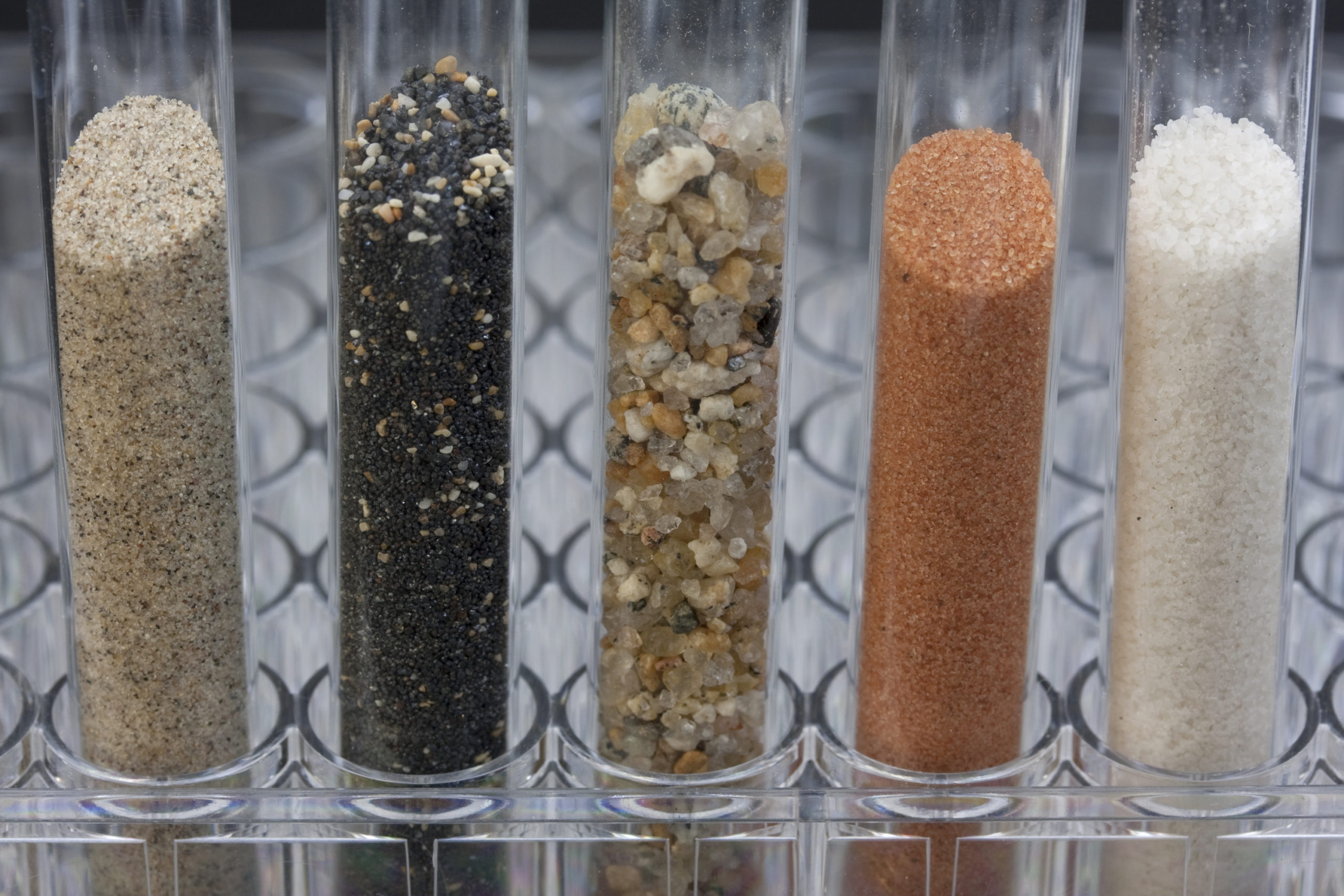You’re set on building a pool. But have you considered soil testing? It’s not just an extra step, but a necessity. Without it, you’re gambling with the success of your project.
This guide dives into why soil testing is crucial before pool construction and how to do it right. You’ll learn about potential pitfalls and real-life cases that underline its importance.
Let’s get technical so you won’t regret skipping this vital process later!
Understanding the Basics of Soil Testing
Before we dive into the specifics, it’s essential to understand what soil testing is and why it’s a fundamental step in pool construction. Soil testing isn’t just about digging up dirt; it’s an analytical process that gives us crucial insights into the soil composition basics. By analyzing factors like texture, structure, pH level, organic matter content, and nutrient availability, you can predict how the soil will behave under various conditions.
Now let’s compare some common testing methods. Lab analysis offers accurate results but tends to be more time-consuming and expensive. It involves taking soil samples from different depths and locations around your site and sending them off for detailed examination.
On-site tests are quicker and cheaper but might not offer the same depth of information. They generally involve using simple tools or kits to measure certain attributes directly at your location.
Infrared spectroscopy is another option – a non-destructive method that can provide immediate feedback on several aspects of soil health. However, this requires specialized equipment and expertise.
Remember: understanding your site’s soil composition isn’t just useful – it’s necessary before you start constructing your pool. Every test empowers you to make better decisions during design and construction stages.

The Role of Soil Testing in Pool Construction
It’s crucial to understand what lies beneath the surface when planning to build a swimming area. Soil testing plays a pivotal role in this process, informing your geotechnical considerations and ultimately enhancing pool durability.
You’ll want to delve into the soil’s composition, structure, and compaction properties. Understanding these factors will give you insight into how the soil might respond under load or if it has an adequate capacity for drainage – two factors that directly impact pool construction.
Soil testing also provides information about potential chemical reactions with construction materials. This is vital because certain soils can degrade concrete and metal over time, reducing your pool’s durability and lifespan.
Moreover, the results of soil testing will guide you in selecting suitable foundation systems for your pool – whether it be slab-on-ground or pile foundations. You wouldn’t want to invest time and money building on unstable ground; proper geotechnical considerations save you from costly errors down the line.
Key Steps in Performing a Soil Test
You’ll first need to collect a sample which is representative of the area where you’re planning to build when conducting a geotechnical investigation. This is crucial in identifying soil variations that could affect your construction project.

Now, let’s delve into the important steps to follow:
1. Sample Collection: Ensure you gather samples from various depths and locations within your prospective site.
2. Laboratory Analysis: Send your collected samples to a reputable lab for testing.
3. Test Interpretation: Pay close attention here as this step involves interpreting the physical and chemical properties of the soil.
4. Integration with Design Plans: Implement necessary adjustments based on test results.
It’s paramount that you understand each step thoroughly – they aren’t merely procedural but rather integral parts of ensuring successful pool construction. Your ability to interpret tests correctly is vital in determining whether or not certain soil variations may pose risks or benefits for your project.
Potential Pitfalls of Neglecting Soil Testing
Neglecting to perform necessary ground assessments can lead to disastrous outcomes in any construction project. It’s vital that you understand the potential pitfalls of ignoring soil testing before pool construction.
This not only includes unforeseen expenses, but also structural failures.
Unforeseen expenses often spring up due to unanticipated conditions below the surface such as rock formations, high groundwater levels, or poor soil quality. These can necessitate costly modifications to your original plan including additional excavation, reinforcement, or drainage solutions. You’ll find yourself grappling with budget overruns and delayed timelines which could have been avoided with a preliminary soil investigation.
Moreover, structural failures are another major risk you face when you skip this crucial step. Poorly supported structures may develop cracks and leaks under the stress of pool water weight and movement. The repercussions could range from rework and repair costs to complete pool failure requiring reconstruction – a hefty price for neglecting initial soil testing.
Therefore, it’s imperative that you don’t underestimate the importance of these tests in your project planning phase because they are essential for predicting issues accurately and facilitating effective mitigation strategies. They will save you time, money, and potentially catastrophic structural failures down the line.
Case Studies: Successful Pool Constructions Thanks to Soil Testing
Let’s now delve into some real-life examples where conducting thorough ground analysis has been instrumental in successful aquatic structure installations. These testimonial insights provide us with tangible, real-world examples of the importance of soil testing.
1. Case Study 1: A construction company was tasked with building a pool at a hillside residence. Ground analysis showed areas of loose soil that could potentially shift over time. They modified their foundation plans accordingly, preventing future structural issues.
2. Case Study 2: During an urban installation, soil tests revealed high clay content, which could lead to poor drainage and unstable structures. By addressing this issue upfront through adequate site preparation and drainage systems, they ensured a stable and long-lasting pool structure.
3. Case Study 3: In another project, ground analysis identified pockets of contaminated soil in the proposed pool area. The team safely removed the harmful substances before proceeding with construction.
4. Case Study 4: Finally, one company discovered unusually rocky terrain during their assessment phase for a large-scale water park construction project; this information allowed them to adjust their excavation methods early on to avoid costly delays later.
You’ll agree these cases underscore the significance of diligent pre-construction groundwork in ensuring successful outcomes in aquatic structure installations.
Frequently Asked Questions
What Specific Equipment Do Professionals Use for Soil Testing in Pool Construction?
You’ll see professionals using equipment like penetrometers, soil samplers, and moisture meters for soil testing in pool construction. They’ll also utilize equipment calibration and conduct geotechnical report analysis for accurate results.
How Long Does It Typically Take to Receive Results From a Soil Test?
Typically, you’ll receive soil test results within 1-2 weeks. This time includes both the test costs and result interpretation. It’s crucial to factor this into your pool construction timeline for optimal planning.
What Alternative Methods Are There for Soil Testing if Professional Services Are Not Accessible?
If professional services aren’t accessible, you can employ DIY techniques for soil testing. Home-based analysis kits are available online that enable you to test soil pH, nutrients, and composition at your convenience.
How Often Should Soil Testing Be Conducted if Pool Construction Is Delayed?
If pool construction’s delayed, you should conduct soil testing every six months. Delay implications can impact soil composition, affecting construction rescheduling. It’s essential to monitor changes and adjust plans accordingly to ensure a successful build.
Are There Any Environmental Impacts or Precautions to Consider During Soil Testing for Pool Construction?
Yes, during soil testing for pool construction, it’s crucial you consider environmental impacts. Comply with environmental legislation and employ soil conservation techniques to prevent erosion and contamination of local ecosystems.
